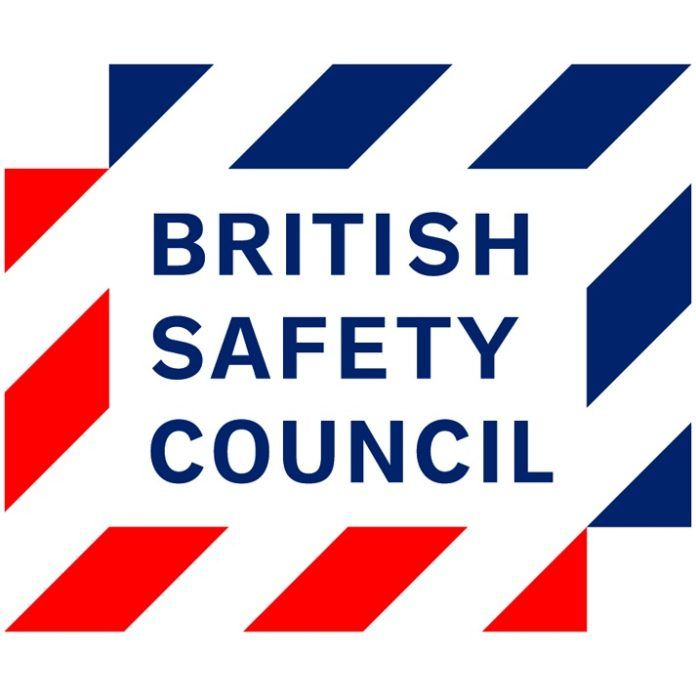The British Safety Council is calling for a coherent government health campaign that urges employers to improve workplace protection against COVID, and engage their workers more to effectively control the spread of the virus.
The demand comes just as UK cases rise due to the new COVID variant discovered last month, causing another national lockdown in which construction work can continue.
The British Safety Council wrote that: “while making a workplace COVID secure as far as is reasonably practicable is the legal responsibility of employers, some have struggled to implement appropriate measures to restrict the potential for occupational exposure to the virus.
“There is a significant vulnerability within buildings, as the virus can be passed between people breathing out asymptomatically and others breathing in the aerosol.”
People have been urged to ‘play your part’ by the Home Secretary Priti Patel, and follow COVID rules to help reduce transmission of the virus.
However, the British Safety Council believes the government is primarily focusing too much on enforcing the lockdown rules in general outdoor spaces, whereas having well prepared and effectively implemented COVID-19 management protocols within the workplace would be far more likely to reduce the spread of infection.
For example, effective consultation with staff, good wellbeing and mental health support mechanisms, remote working wherever possible, together with premises controls, such as one-way movement flow around the building, the wearing of facemasks in common areas, suitably positioned desks, protective screens, good information and warning signage, as well as staggered operating hours, are all considerations for business within any sector, which can make a significant impact.
Lawrence Waterman, chairman of the British Safety Council, said: “We are being told by experts that we are in the eye of the storm, and workplaces seem to be at the centre of that eye.
“We should be discussing this much more openly rather than taking our lead from the government’s short termism, and then taking more and better action. It requires more public health messaging to restrict work to where it is really required, so that more people can remain in relative isolation, and better funding to help employers and employees to do this.
“It may also mean that collectively, we should consider much wider shift working, even half day, morning and afternoon, and improving community protection in every workplace.”




